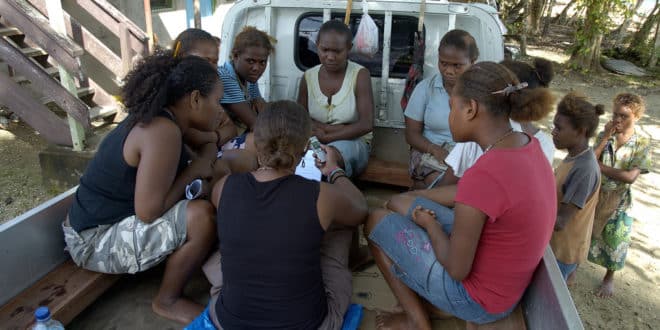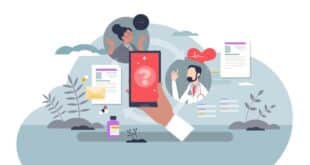Deciding whether to use interviews or focus groups for collecting qualitative data is an age old question that plagues every international development / aid worker at some point in their career. Some experts think interviews are better, some think focus groups are better, while others say it depends on the situation.
In the field of product design they’ve already attempted to answer this question. A classic study compared the number of user needs identified for a new product using 1 hour in-depth interviews with potential customers, compared to the number of needs identified using 2 hour focus groups.
During the first few interviews and focus groups, the number of needs identified by focus groups was higher. But after conducting 10 interviews and 10 focus groups the number of user needs identified was almost exactly the same. Since the interviews took half as long and only required one interviewee (rather than a group) the researchers concluded that interviews are significantly more efficient that focus groups and should be the preferred method in the field of product design.
But what does that mean for international development? Focus groups are often the default choice because they are thought to be cheaper and more “participatory”. But are they really effective? And do they really give more participation than interviews?
Unfortunately, no-one has done a similar study for international development programs. Over the years I’ve tried to compare the type of qualitative data I receive from interviews and focus groups in the field and this is what I’ve found:
Interviews are more effective when you need to know about participant’s needs, opinions or decision-making processes
I find interviews to be more effective than focus groups when I need information on people’s individual needs, opinions or decisions they have made. This would typically be used to answer questions like “Why do farmers not use fertiliser?”, “What type of family planning methods are most appealing to women?” or “Does our solar light work in rural households?”.
Like the product designers, I haven’t found focus groups to be as useful for these types of questions. Typically only one or two people give a response and everyone else remains silent or agrees with them. For me this isn’t real participation. I would prefer to interview people individually to make sure each person’s contribution is heard.
See how to do great semi-structured interviews for more advice on this method.
Focus groups are more effective when you want stakeholders to generate new ideas through brainstorming
I’ve found that focus groups are more useful than interviews for brainstorming new ideas. This is particularly true when the focus group consists of people who are involved in implementing the program (like program staff, government workers, traditional leaders or community volunteers) rather than a group of participants who don’t know each other and have little control over the project.
Typical examples of questions that would be suitable include “What ideas do chiefs have that could help improve the project?” or “What can health staff do to fix this problem?” Focus groups are more useful for answering these types of questions because more people get to participate, which help you get their buy-in when you actually need to implement activities. I’ve also found that the group dynamic can help people think up a wider range of different ideas and solutions compared to one-on-one interviews.
For more advice on focus groups see our review of the book Doing Focus Groups.
Photo by the Australian Civil-Military Centre




